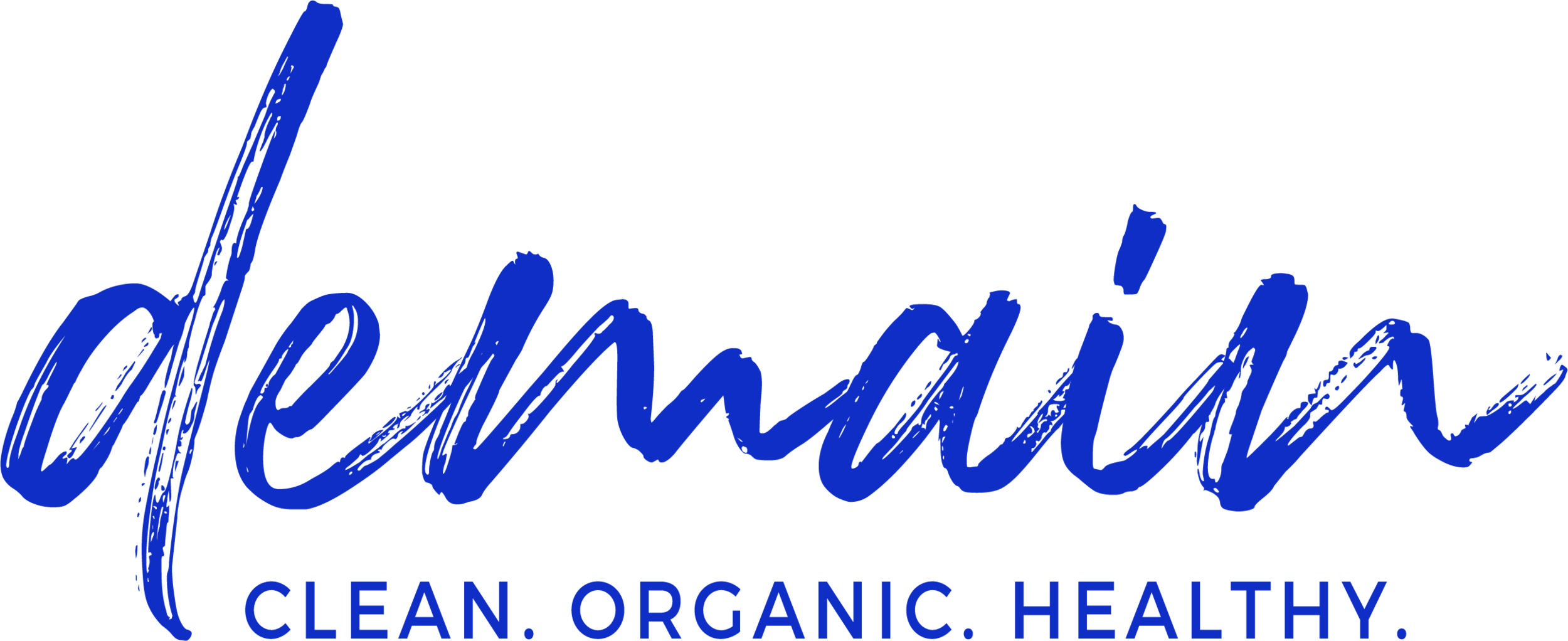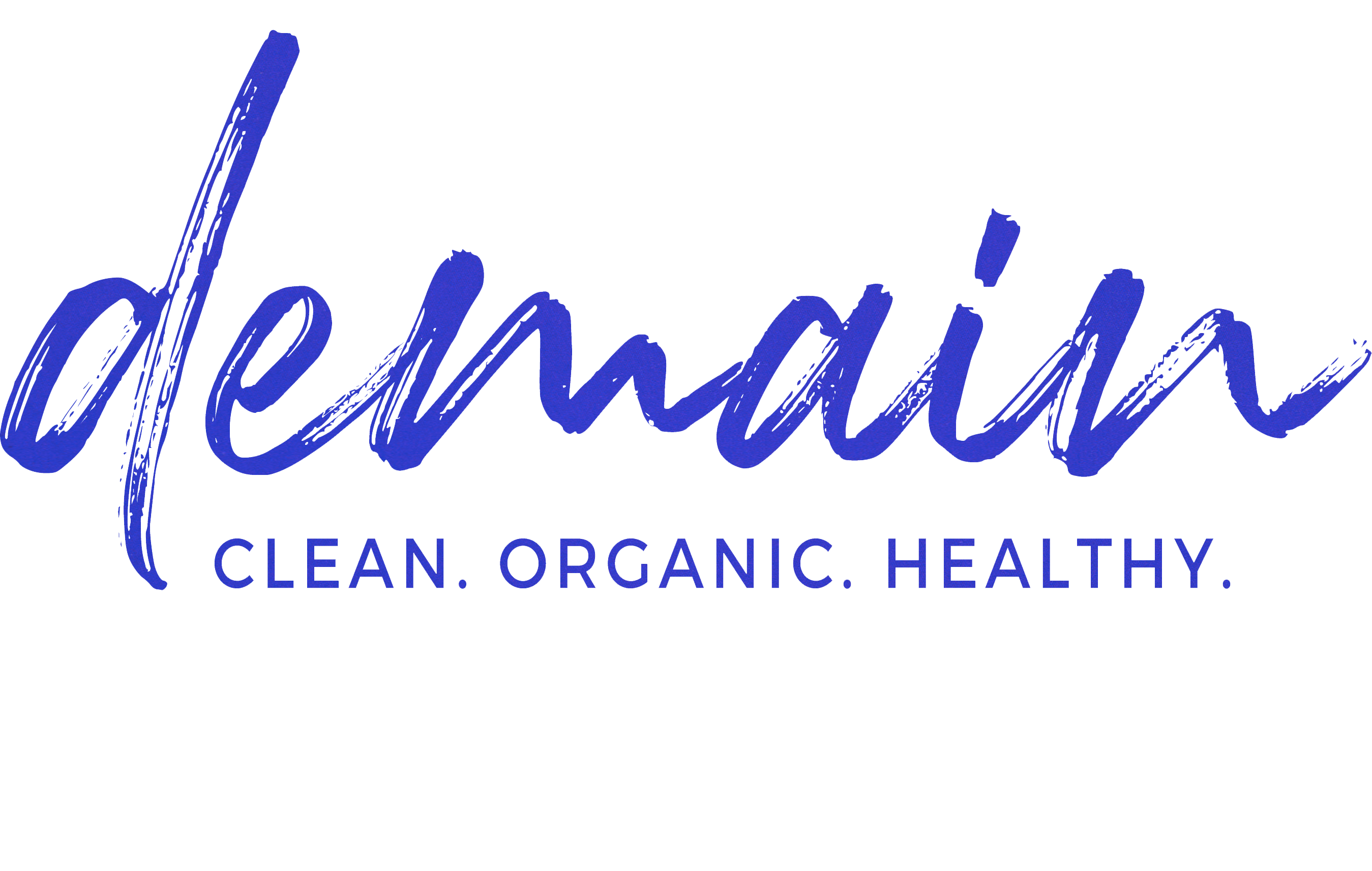Fast fashion or
sustainable fashion are new words that have appeared in our vocabulary in recent years. But what is hidden behind these words? Out of fast fashion, long live sustainable fashion, some would say! Is it that easy? Where we are ? We reveal everything to you here.
Fast fashion defines the production of clothing in large quantities and at low prices.
This phenomenon has accelerated exponentially in recent years.
FROM HANDMADE TO MASS PRODUCTION
For centuries, clothes were created by hand and defined a person's social status.
But this function of clothing gradually disappeared thanks to the appearance of the sewing machine in 1830 during the Industrial Revolution.
Mass consumption has made clothing simpler and accessible to everyone.
This new method of production was fast, profitable but already very polluting because of the excessive use of chemical substances and water. These manufacturing methods have hardly changed since.
Moreover, due to the increase in the world's population, the fashion industry is one of the most polluting industries in the world!
EVERY STEP IN THE PRODUCTION OF A CLOTHING POLLUTES THE PLANET
Researchers have analyzed the entire life cycle of a garment and have shown that each manufacturing step, from the transformation of raw materials to the end of the product's life, has an environmental impact.
RAW MATERIALS
- The manufacture of jeans requires 7,500 liters of water. Water is necessary at all stages of production: watering the cotton, application of dyes and chemical substances, pre-washing, etc. According to Le Monde, the amount of water needed to make jeans would represent the equivalent of the amount of water drunk by a man for 7 years!
- In addition to cotton, oil is just as polluting. It is used to create the polyester found in fast fashion sweatshirts and coats. In 2015, 48 million tons of polyester were created. Cheaper and stronger than cotton, however, it is not a long-term sustainable option.
- The fashion industry also produces significant greenhouse gas emissions due to the transportation of products.
All fast fashion clothes contain chemicals. These chemicals all serve a different purpose: biocides to prevent mold, coloring agents, anti-bacterial agents and more.
These products are harmful to the human body and can cause more or less severe allergies. Phthalate, latex or even nickel are chemical substances that are extremely dangerous for our health, but are indeed present in our clothes.
The washing exercised during the manufacturing process or after purchase of the garment is very polluting. It leads to water and soil pollution.
Chemicals in textile fibers are released into the oceans and take decades to degrade.
TRANSPORTATION
Have you ever wondered about the origin of your clothes? It is very difficult to give a precise answer to this question. Indeed, it is not enough to know who sewed the garment, it is also necessary to question each of the origins of the parts composing it.
There are so many stakeholders in the production of a t-shirt that it is therefore difficult to determine precisely its country of origin. This amplifies the negative environmental impact of the fashion industry.
ON THE ROAD TO ETHICAL FASHION
The fashion industry today is very controversial and many actors are trying to change things. Many brands, aware of their ecological impact, have decided to unite to act around common objectives.
32 French textile companies signed the “Fashion Pact” in August 2019. Their goals? Achieve 0 CO2 emissions by 2050 and 100% renewable energy by 2030.
Another ambitious recent commitment: that of Kering. The French luxury group has launched, in collaboration with Conservation International, the Regenerative Fund for Nature. The objective is to convert, within 5 years, 1 million hectares of farms and landscapes linked to the production of raw materials for the fashion industry, into spaces for regenerative agriculture.
This fund will directly help farmers by financing various projects in different countries. The priority for the group is “to increase the quality and quantity of regenerative natural raw materials available for the luxury and fashion sector”.













